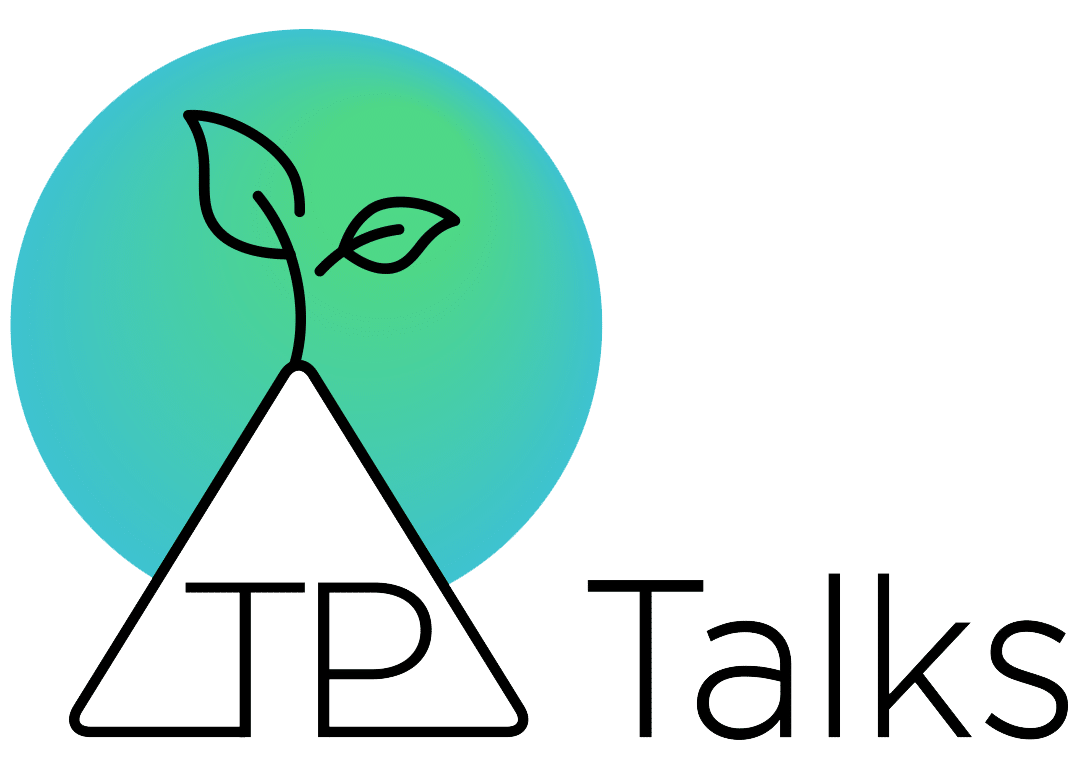Ever noticed how a simple coffee break conversation can differ dramatically across borders? In English-speaking workplaces, these subtle cultural nuances shape your professional journey more than you might realize. While technical skills open doors, mastering workplace culture determines how far those doors will lead you.
Think of cultural adaptation for expats as learning to dance in a new style. You know the basic movements – communication, collaboration, leadership – but the rhythm and flow follow unfamiliar patterns. Your success depends not just on learning these patterns, but on understanding the unspoken cues that guide them.
English-speaking professional environments present unique challenges and opportunities. They blend direct communication with subtle social protocols, value individual initiative within team frameworks, and maintain informal atmospheres while upholding strict professional boundaries. Navigating these seeming contradictions requires more than just language fluency – it demands cultural fluency.
Understanding the Unwritten Rules of English-Speaking Workplaces
Every workplace operates on a set of unspoken rules that shape daily interactions. In English-speaking professional environments, these rules often center around time management, communication preferences, and decision-making processes.
Take meetings, for instance. While some cultures view meeting times as flexible guidelines, English-speaking workplaces typically treat them as non-negotiable commitments. Arriving five minutes early signals respect for others’ time and demonstrates professional reliability. Similarly, meeting contributions follow distinct patterns – participants expect clear, concise points rather than lengthy contextual explanations.
Decision-making processes often puzzle newcomers to English-speaking work environments. Unlike hierarchical structures where senior leaders make most decisions, these workplaces frequently embrace collaborative approaches. You’ll notice team members openly discussing options, challenging ideas respectfully, and reaching consensus through structured dialogue. Understanding this dynamic helps you position your input effectively and build credibility within your team.
Breaking Down Communication Barriers
Effective cultural adaptation for expats hinges on mastering both verbal and non-verbal communication cues. English-speaking professional environments tend to value direct communication, but this directness comes wrapped in specific cultural packaging.
Consider feedback sessions. While some cultures embed criticism within elaborate courtesy phrases, English-speaking workplaces often use the “sandwich method” – positive feedback, followed by areas for improvement, closing with encouragement. Recognizing these patterns helps you interpret feedback accurately and respond appropriately.
Small talk serves as more than mere pleasantry – it builds professional relationships and opens doors to collaboration. Master the art of brief, positive exchanges about neutral topics like weather, sports, or weekend plans. These seemingly casual conversations often lead to meaningful professional connections and project opportunities.
Building Your Professional Brand
Your digital presence carries significant weight in English-speaking professional circles. LinkedIn isn’t just another social media platform – it functions as your dynamic professional portfolio. English-speaking recruiters and colleagues often evaluate your profile before formal interactions.
Transform your LinkedIn presence by highlighting cross-cultural competencies and international experience. Focus on quantifiable achievements rather than job descriptions. For instance, instead of stating “Worked on international projects,” specify “Led cross-cultural teams across three continents, delivering 15% efficiency improvements.”
Professional networking in English-speaking environments follows distinct patterns. While some cultures build relationships through shared meals and social events, English-speaking professional networks often grow through industry events, professional associations, and structured networking activities. Identify relevant professional groups in your field and engage consistently – quality connections trump quantity in these settings.
Let me revise with a more dynamic flow that breaks traditional patterns while maintaining logical progression:
Navigating Professional Relationships
Trust arrives through unexpected doors in English-speaking workplaces. While you might anticipate building relationships over long lunches, watch instead for quick moments between meetings, rapid-fire project collaborations, and virtual coffee chats. These micro-interactions often carry more weight than formal networking events.
Think you need a high-ranking mentor? Think again. Cultural adaptation for expats thrives on diverse connections. That junior developer from Australia might offer more relevant insights than a senior executive. Your office’s operations manager likely understands workplace dynamics better than any leadership book.
Success lies in recognizing patterns others miss:
- When team members share credit, not just take it
- How disagreements transform into productive dialogues
- Where real decisions happen (hint: not always in formal meetings)
Action Steps for Sustainable Integration
Skip the traditional 90-day plan. Instead, map your workplace’s cultural DNA through daily observations. Notice which Slack messages get responses versus emails. Watch how local colleagues handle deadline pressures. These subtle cues reveal more than any onboarding manual.
Your global perspective? It’s your secret weapon, not your barrier. Use it to:
- Spot inefficiencies others accept as normal
- Bridge communication gaps between teams
- Introduce alternative problem-solving approaches
But here’s what might surprise you – silence often speaks louder than words in English-speaking offices. Those moments when people don’t speak up? They’re telling you something crucial about workplace dynamics.
Reshaping Tomorrow’s Workplace
You’re not just adapting to a workplace culture – you’re helping evolve it. Each international professional brings fresh perspectives that challenge established norms. Consider how remote work transformed traditional office cultures overnight. Your experience with cultural adaptation for expats positions you perfectly for this evolving landscape.
The future workplace demands professionals who navigate cultural nuances as easily as they handle digital tools. Today’s challenge might be understanding when to speak up in meetings. Tomorrow’s? Perhaps managing AI-driven team dynamics across multiple time zones.
Taking Action: Beyond Theory to Practice
Forget traditional checklists. Your path to workplace success demands strategic experimentation. Each week, challenge yourself to test one new communication approach. Maybe you’ll discover that asking “What are your thoughts?” after presenting ideas resonates better than waiting for feedback.
Digital presence matters more than ever. Cultural adaptation for expats now extends into virtual spaces. Your LinkedIn profile shouldn’t just list achievements – it should tell a story of cross-cultural success. But here’s the twist: authenticity trumps perfection. Share real challenges alongside victories. Connect over common professional hurdles.
Professional development takes unexpected forms in English-speaking environments:
- Join industry Slack channels to observe communication styles
- Volunteer for cross-functional projects that stretch comfort zones
- Create informal learning exchanges with colleagues
The Future-Ready Professional
Tomorrow’s workplace already emerges. Remote teams blur cultural boundaries while creating new ones. Your experience with cultural adaptation for expats becomes increasingly valuable as organizations grapple with global collaboration challenges.
Virtual communication tools reshape workplace dynamics daily. Yet human connection remains crucial. Understanding when to send a quick message versus scheduling a video call – these micro-decisions impact your professional relationships significantly.
Innovation doesn’t just mean technology. It means bringing fresh perspectives to:
- Problem-solving approaches
- Team collaboration methods
- Client communication strategies
Your Next Steps
Success in English-speaking workplaces isn’t about perfect cultural adaptation – it’s about strategic integration. Your unique global perspective adds value precisely because it’s different. Use it wisely.
Consider this: every challenge you face today prepares you for tomorrow’s opportunities. Each cultural nuance you master strengthens your professional toolkit.
The question isn’t whether you’ll adapt – it’s how you’ll use your adaptation journey to stand out professionally.
Ready to Transform Your Global Career Journey? Take the next step in mastering cultural adaptation for expats with personalized guidance. Book Your Strategy Session with me.
Stay up to date and never miss out.
Working across cultures isn’t easy. Our newsletter brings you practical insights on recruitment, onboarding, and outplacement—plus tools to help you manage international teams with confidence. Join today and stay ahead in global business.


